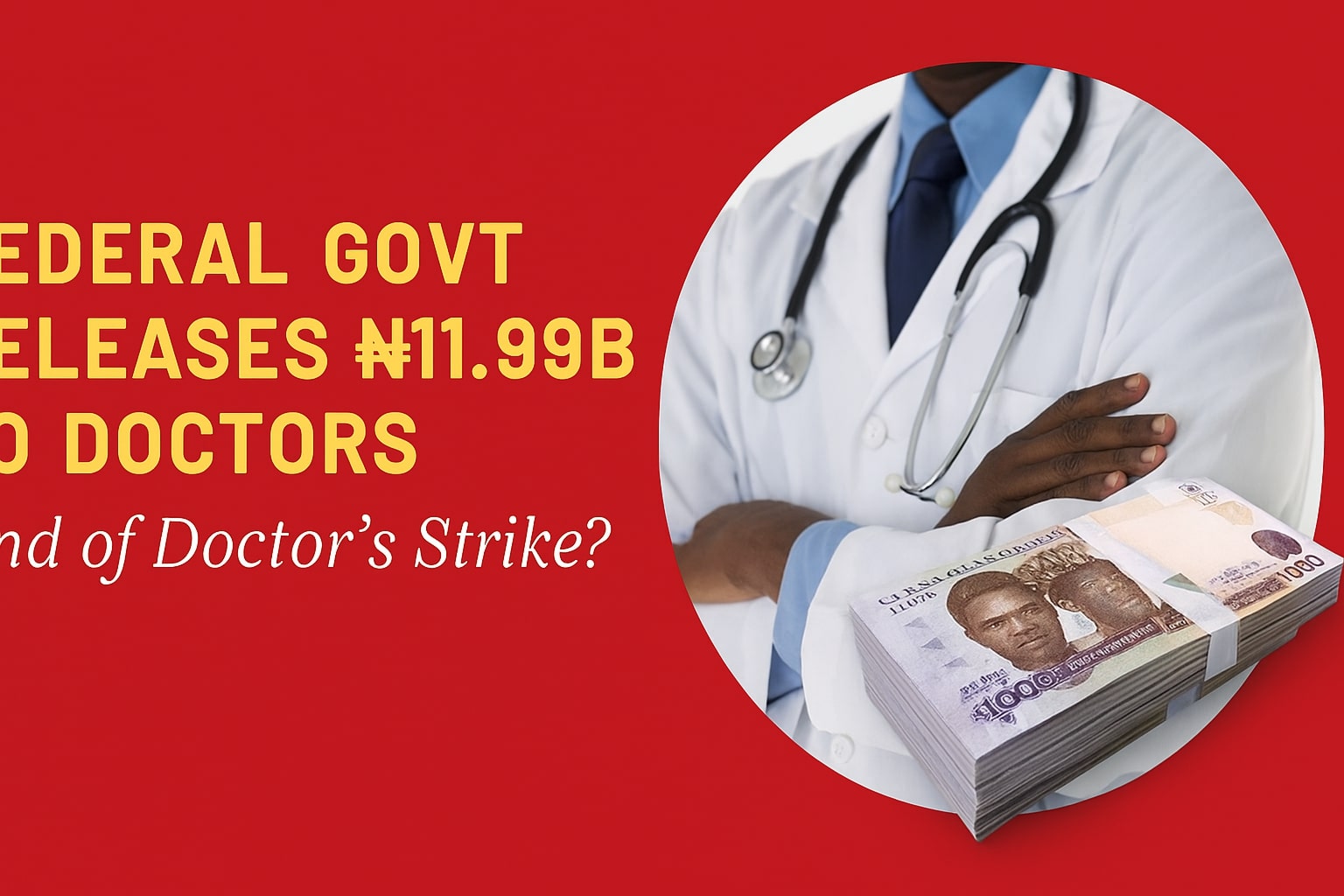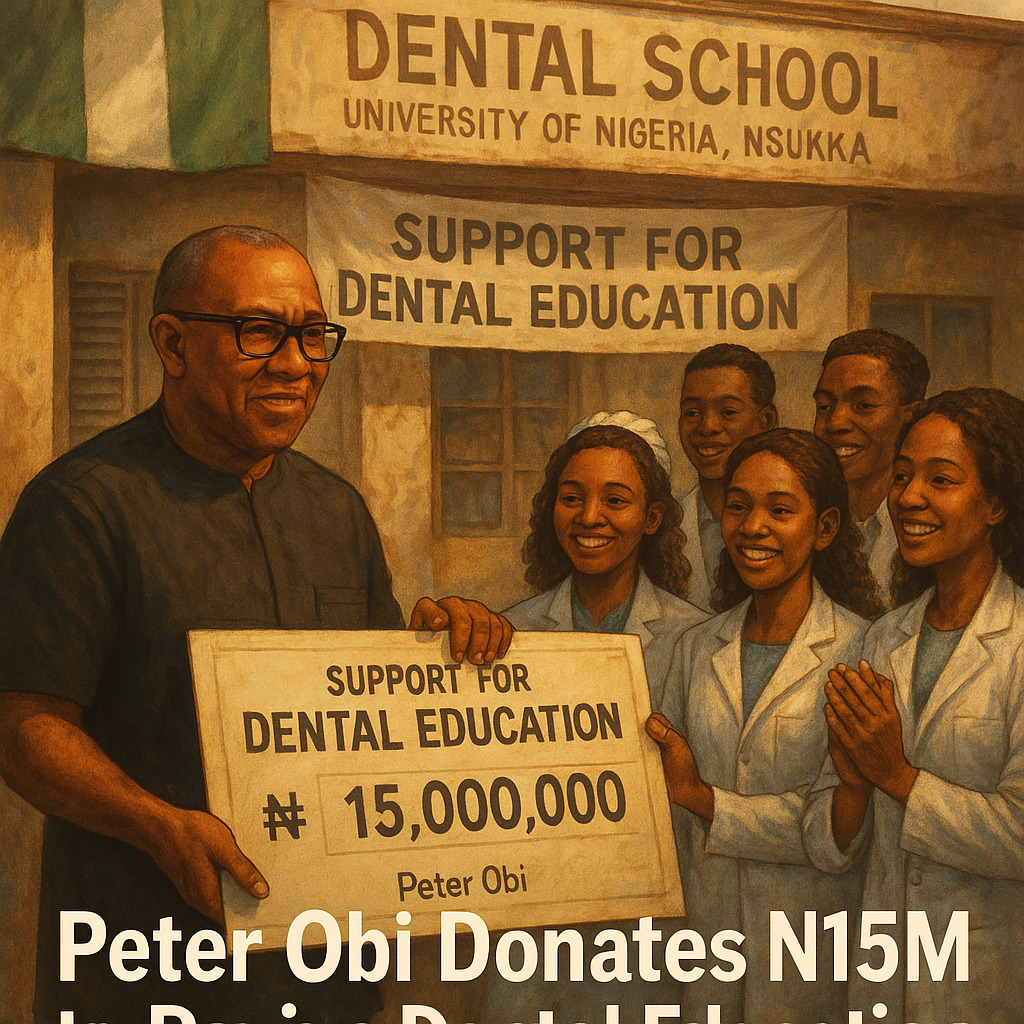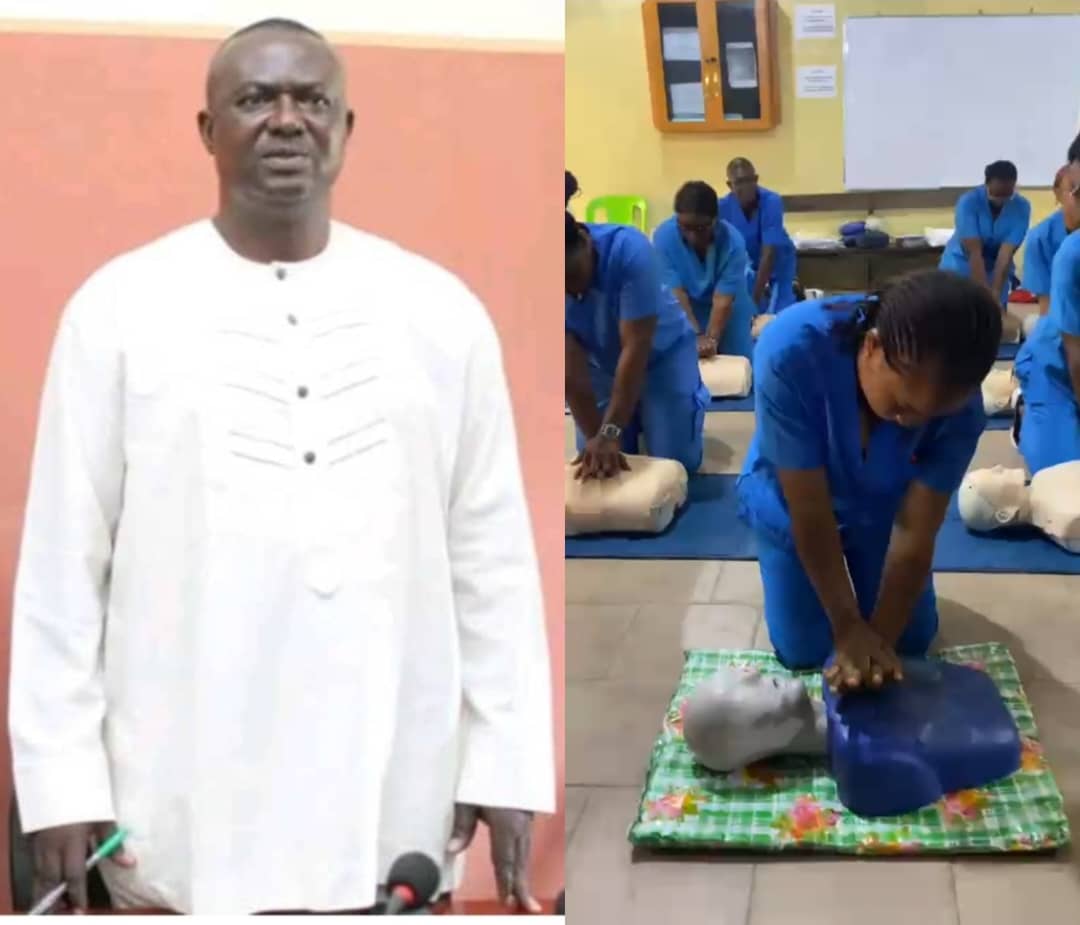The Director General of the Nigerian Institute of Medical Research, NIMR, Professor John Oladapo Obafunwa, has decried poor funding of medical research in Nigeria stressing that while international collaborations and foreign funding have played a significant role, domestic investment is essential to address the unique health challenges facing the nation.
Obafunwa who highlighted the critical importance of local funding for medical research in Nigeria said relying heavily on foreign funding can make research institutions vulnerable to fluctuations in global economic and political climates.
Speaking during a courtesy visit by the executive members of the Health Writers Association of Nigeria, HEWAN, the newly appointed Director General of the institute said though NIMR is a beacon of hope in the fight against disease in Nigeria, the institute, like many others across the country, is grappling with a severe lack of funding.
He noted that funding is hindering its ability to conduct critical research and develop life-saving treatments.
Acknowledging that a significant portion of medical research in Nigeria is funded by international organisations, he said while these collaborations have been beneficial, they often come with strings attached.
“Foreign donors often dictate the research agenda, prioritizing global health concerns over local needs.
“NIMR has facilities. You’ll find that most of the facilities, and most of the equipment, are products of international collaborations. Most of the research that NIMR has undertaken is in the instance of foreign collaborations with WHO, West African Health Organisation, NIH, National Institutes of Health in the U.S., and Bill Gates Foundation. And what it means is that you are doing things that they want you to do. It might be relevant globally.
And I can assure you that NIMR is at the forefront of the continent, maybe a little behind South Africa. But even within a sub-region, the West African sub-region, we’re in the forefront.”
He said it would be nicer if there could be increased funding from the government. “Government funding for medical research is very low and most of the time it’s these international organizations that provide the funding. But it would be nice if we could put our money where our mouth is. “Unfortunately, I’ve observed that going by the records, even when the ministry tries to allocate some money to medical research, we still have to go to the national assembly to defend the budget. NIMR has had to be dependent on foreign donors. If tomorrow the foreign donors decide to move on, that’s it. Everything you are doing on malaria, on childhood diseases, HIV, COVID, Ebola, all these things, we can forget about it.”
Speaking on the imperative of local funding of research, Obafunwa emphasized several key reasons why local funding is paramount.
He said local funding would ensure prioritising local needs as foreign funding often prioritises global health concerns, which may not always align with the specific needs of the Nigerian population.
“Local funding allows researchers to focus on diseases and conditions that disproportionately affect Nigerians, such as sickle cell anaemia, malaria, and various non-communicable diseases.”
He said investing in local research, Nigeria can develop a robust research infrastructure, train skilled scientists, and foster innovation.
“This will not only strengthen the country’s healthcare system but also contribute to global health advancements. It will also reduce dependency on foreign aid.
He said local research would also address misinformation and vaccine hesitancy. ”Local research can help dispel myths and misconceptions about vaccines and other medical interventions. By providing evidence-based information, researchers can combat misinformation and promote public health initiatives.”
On other challenges to local research, he said the complex bureaucratic procedures can delay the release of funds and hinder research progress and lack of public awareness.
“Many Nigerians are unaware of the importance of medical research and its impact on their lives. However, there are also opportunities to increase local funding, collaborations between government, industry, and philanthropic organizations can generate significant funding for research.”
He, however, pledged to research some common health issues that affect Nigerians in selected communities, breast cancer, and among others.
SOURCE: VANGUARD NEWSPAPER




